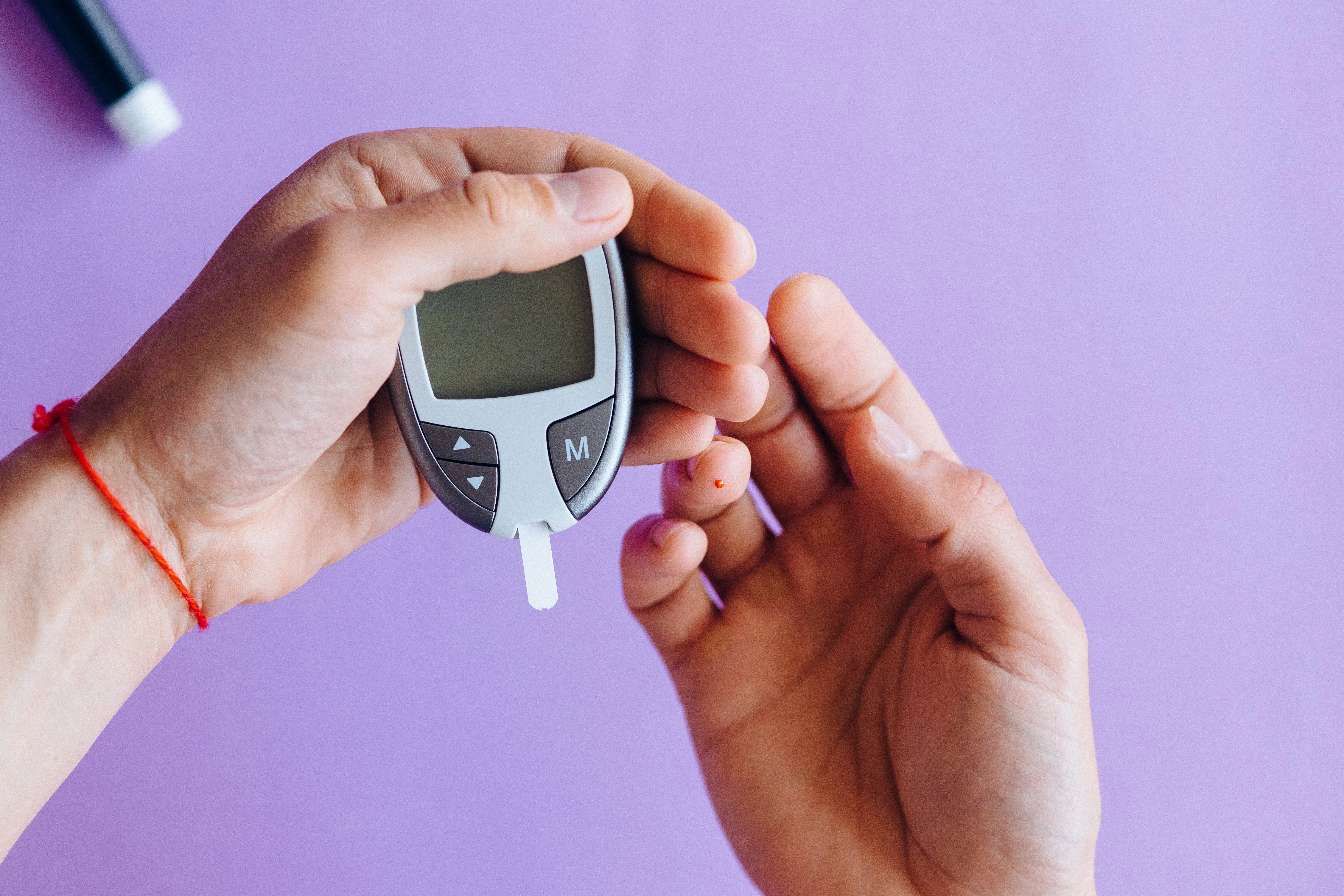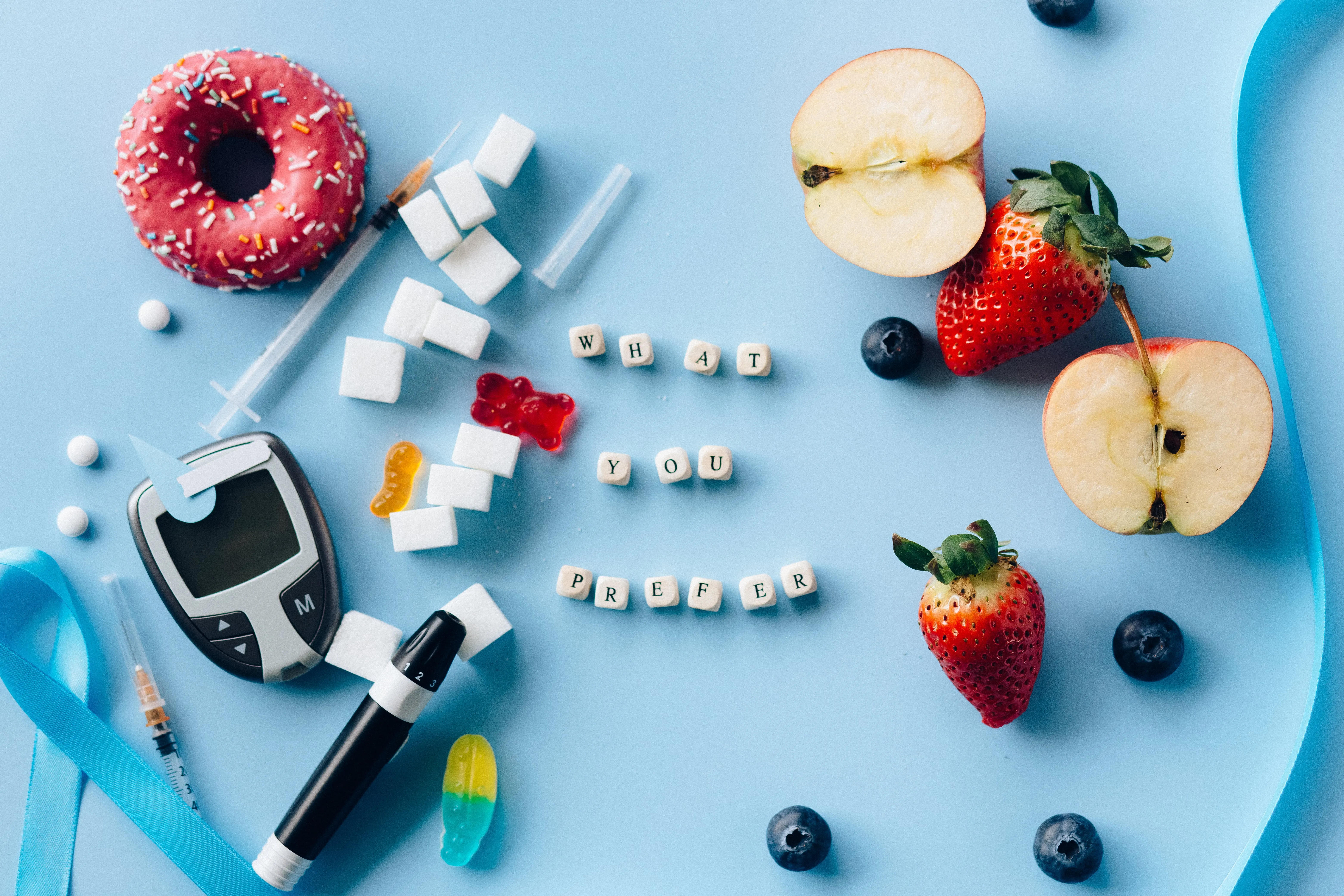how to lower blood sugar
Mastering the Art of Blood Sugar Control: Your Simple Guide
Welcome to the realm of blood sugar management – a topic that's both crucial and, let's face it, a bit overwhelming. Fear not, for this guide aims to demystify the process, sprinkled with personal anecdotes and a dash of practical advice.

Understanding the Basics
What is Blood Sugar?
Before we dive in, let's understand the basics. Blood sugar, or glucose, is a key player in our body's energy game. It comes from the food we eat, providing fuel for various bodily functions.
Anecdotal Insight: The Rollercoaster Ride
I vividly recall the rollercoaster of my blood sugar levels during a hectic workweek. Fast food runs and sugary snacks seemed like quick fixes, but they left me feeling drained and sluggish.
Key Tips for Lowering Blood Sugar
1. Choose Smart Carbs
Not all carbs are created equal. Opt for complex carbohydrates like whole grains, legumes, and vegetables. They release energy gradually, preventing sudden spikes in blood sugar.
Anecdotal Journey: The Fiber Boost
Increasing fiber intake made a significant difference in my blood sugar levels. It's like giving your digestive system a high-five while maintaining stable energy.
2. Stay Hydrated
Water is your best friend in the quest for stable blood sugar. Dehydration can lead to higher concentrations of sugar in the blood, so keep that water bottle handy.
Anecdotal Thirst: The Wake-Up Call
A persistent feeling of thirst was my body's way of saying, "Hey, let's hydrate!" Once I made water a constant companion, I noticed positive changes in my overall well-being.
3. Regular Exercise
Physical activity is a powerhouse when it comes to managing blood sugar. It helps your cells use glucose more effectively and can even lower insulin resistance.
Anecdotal Struggle: The Couch Potato Chronicles
Transitioning from a sedentary lifestyle to regular exercise wasn't easy. But the more I moved, the more I felt the positive impact on my blood sugar levels.
4. Portion Control
Overeating, even healthy foods, can contribute to blood sugar spikes. Portion control is about listening to your body and recognizing when you're satisfied.
Anecdotal Lesson: The Oversized Salad
Yes, even salads can be culprits. I learned the hard way that drowning a salad in dressing and toppings can turn it from a healthy choice into a calorie-packed meal.
5. Stress Management
Stress and blood sugar are interconnected. Finding effective stress management techniques, be it deep breathing, meditation, or a hobby, can contribute to better glucose control.
Anecdotal Zen: The meditation Miracle
Incorporating meditation into my routine was a game-changer. It not only lowered stress levels but also positively influenced my blood sugar readings.
Monitoring and Adjusting
Regular Check-ups
Routine monitoring of blood sugar levels provides valuable insights into your body's responses to lifestyle changes. It's like having a GPS for your health journey.

Anecdotal Check-up: The Surprising Trends
Tracking my blood sugar readings revealed patterns I hadn't noticed before. This data-driven approach empowered me to make informed decisions about my lifestyle.
Wrapping It Up
Mastering the art of blood sugar control is a journey filled with small victories and lessons learned. By making mindful choices, staying active, and embracing healthy habits, you can navigate this path with confidence. Remember, it's not about perfection but progress. Here's to a healthier, more balanced you!